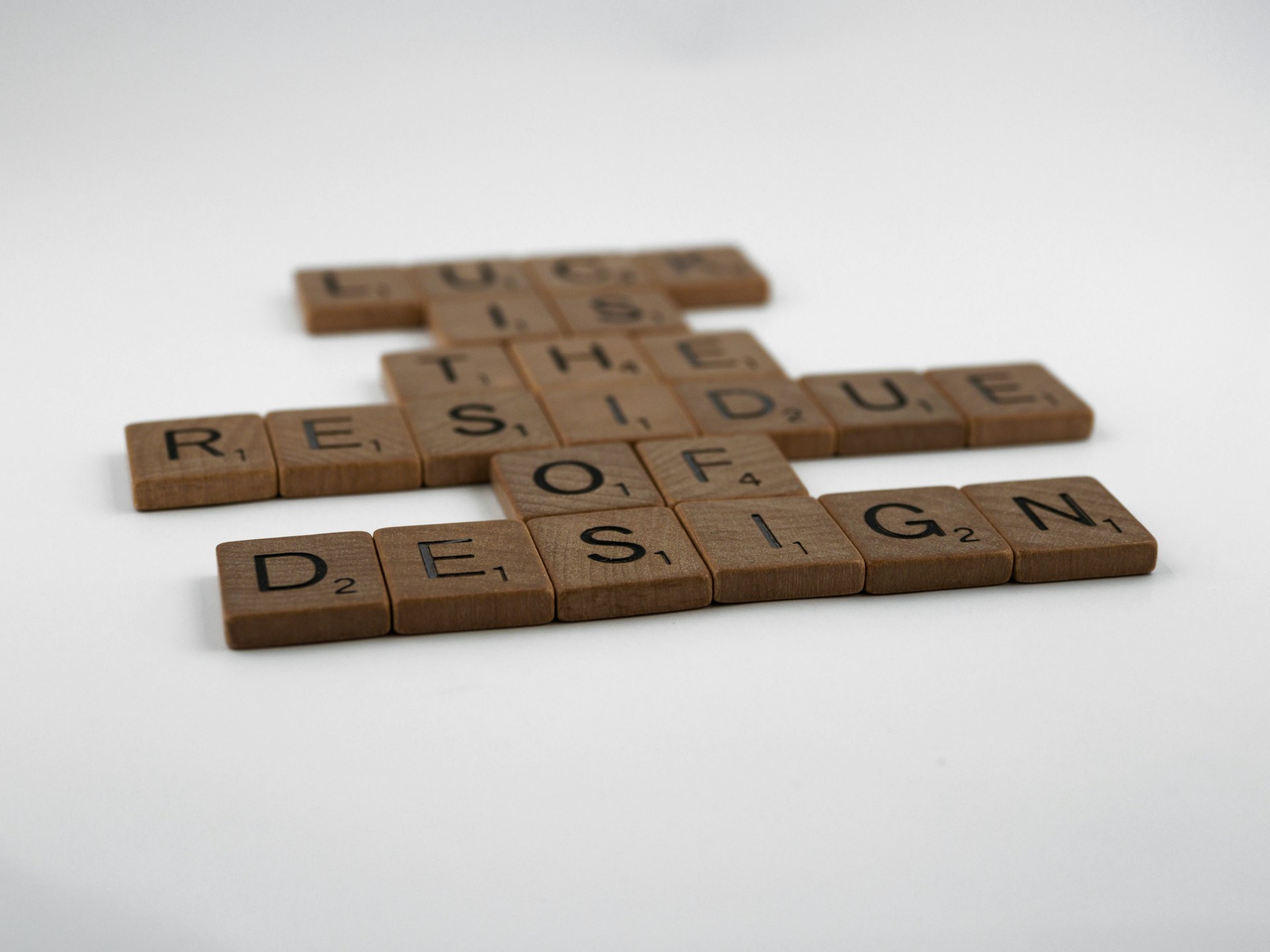Unlocking the Gut-Brain Connection: A Pathway to Emotional Well-being

Photo by Robina Weermeijer on Unsplash
Understanding the Gut-Brain Connection
The interaction between your digestive system and your brain-known as the gut-brain connection -is a dynamic, two-way relationship that influences both physical and emotional health. This connection is facilitated through a complex network of nerves, hormones, and chemical messengers. Recent research highlights that disturbances in this communication can impact mood, anxiety, and even contribute to the development of mental health disorders [1] [3] .
How Your Gut and Brain Communicate
The gut is often referred to as the “second brain” because it contains an extensive network of nerve cells (the enteric nervous system) and produces many of the same neurotransmitters as the brain, such as serotonin and dopamine [2] . Signals travel between the gut and the brain via the vagus nerve, hormones, and immune system mediators. This bi-directional communication means:
- Emotional stress can disrupt digestion, causing symptoms like stomachaches or nausea.
- Digestive issues can trigger changes in mood and emotional well-being.
For example, many people experience “butterflies” in their stomach before a big event, or notice digestive discomfort when feeling anxious or upset [3] .
The Role of the Microbiome in Emotional Health
Your gut is home to trillions of bacteria, viruses, and fungi, collectively called the gut microbiome . Scientific studies have revealed that these microbes influence not just digestion, but also the production of neurotransmitters and the immune response. An imbalance in gut bacteria, known as dysbiosis, has been linked to anxiety, depression, and other emotional disorders [5] .
Research involving thousands of participants has shown that specific types of bacteria are associated with mood and mental health. For instance, an overgrowth of certain bacteria like
Eggerthella
has been associated with depression, while a depletion of others such as
Subdoligranulum
correlates with depressive symptoms
[1]
. Maintaining a diverse and balanced microbiome may help support emotional resilience and reduce the risk of mental health challenges.
Diet and Lifestyle: Practical Steps for a Healthier Gut and Mind
Because diet directly affects the gut microbiome and, consequently, the gut-brain connection, adopting certain habits may support both digestive and emotional health:
- Eat a Fiber-Rich Diet: Foods like vegetables, fruits, whole grains, legumes, and nuts provide essential fiber that feeds beneficial gut bacteria [1] . Individuals can gradually increase their daily fiber intake by incorporating these foods into each meal.
- Include Fermented Foods: Yogurt, kefir, sauerkraut, kimchi, and miso contain live probiotics that can help maintain a healthy microbiome. Start by adding a small serving of fermented food each day, monitoring your body’s response.
- Limit Highly Processed Foods: Diets high in refined sugars and saturated fats can disrupt the balance of gut bacteria. Consider reducing processed snack foods and replacing them with whole food alternatives.
- Increase Healthy Fats: Omega-3 fatty acids, found in fatty fish, walnuts, and flaxseed, are linked to improved gut health and emotional balance. Aim to include sources of omega-3s several times per week.
- Manage Stress: Chronic stress can negatively impact both the gut and mental health. Mindfulness practices, deep breathing, regular exercise, and adequate sleep are proven strategies to manage stress levels.
It may take several weeks to notice changes in mood or digestion after making dietary or lifestyle adjustments. Tracking your symptoms in a journal can help you identify what works best for you.
Therapeutic Approaches and Emerging Treatments
Healthcare providers are increasingly recognizing the importance of treating the gut-brain axis in clinical practice. Approaches include:
- Probiotics and Prebiotics: Some research suggests that certain strains of probiotics (live beneficial bacteria) and prebiotics (fibers that feed probiotics) may help alleviate symptoms of anxiety and depression. However, results in human trials remain mixed, and not all products are equally effective [5] . Consult a healthcare professional before starting any supplement regimen.
- Mind-Body Therapies: Techniques such as cognitive behavioral therapy (CBT), gut-directed hypnotherapy, and relaxation training may help manage both digestive distress and emotional symptoms [4] . Ask your primary care provider for a referral to a behavioral medicine specialist who focuses on the gut-brain axis.
- Medical Evaluation: If you experience persistent digestive or emotional issues, seek advice from a licensed healthcare provider. They can help rule out underlying medical conditions and recommend tailored treatments.
If you are interested in exploring these therapies, consider searching for licensed dietitians, gastroenterologists, or behavioral health specialists in your area who are experienced in treating gut-brain axis disorders. Many medical centers and hospitals offer integrated care programs focused on digestive and mental health.
Case Example: Managing IBS and Anxiety
Individuals with irritable bowel syndrome (IBS) often experience both gastrointestinal symptoms and heightened anxiety. A holistic approach addressing both gut health and emotional well-being can be effective. For example, a patient may work with a gastroenterologist to manage IBS symptoms through dietary changes while also engaging in CBT with a mental health professional to address anxiety. Over time, this combined strategy can lead to improvements in both digestive comfort and mood [4] .
Overcoming Challenges and Finding Support
Making significant changes to your diet or lifestyle can be challenging. Barriers such as cost, access to fresh foods, or limited knowledge about nutrition may arise. Solutions include:
- Consulting with a registered dietitian for personalized guidance.
- Seeking support from community organizations that promote healthy eating.
- Utilizing online resources provided by reputable health institutions for tips and recipes.
If you are unsure where to begin, consider reaching out to your primary care provider or searching for “gut-brain health clinics” or “integrative mental health services” through official hospital websites or national medical organizations.

Photo by Irene Demetri on Unsplash
Key Takeaways and Next Steps
Research into the gut-brain connection is rapidly evolving, offering new hope for those seeking to improve their emotional health through dietary and lifestyle interventions. While there is no single solution, cultivating a healthy gut environment may be a valuable step toward greater emotional resilience and well-being.
To get started:
- Gradually adopt a balanced, fiber-rich diet with a variety of plant-based foods.
- Monitor your mood and digestive health to track changes.
- Consult with healthcare professionals for tailored advice and treatment options.
- Seek out trustworthy information from hospital and university websites when researching gut-brain health topics online.
Remember, progress takes time. With patience and the right support, you can nurture both your gut and your mind for lasting emotional health.
References
- [1] UCLA Health (2023). Research says gut-brain axis plays role in mental health.
- [2] Mental Health America (2022). The gut-brain connection.
- [3] Harvard Health Publishing (2023). The gut-brain connection.
- [4] Cleveland Clinic (2023). What Is the Gut-Brain Connection?
- [5] Clapp, M. et al. (2017). Gut microbiota’s effect on mental health: The gut-brain axis.
MORE FROM oncecoupon.com













